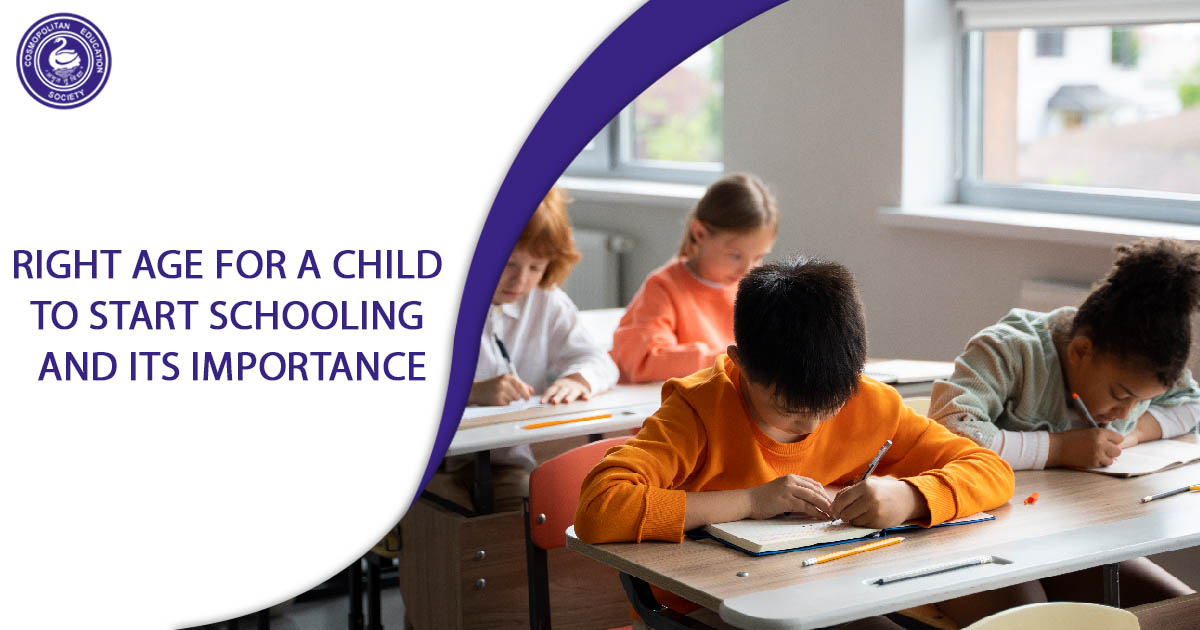
Right age for a child to start schooling and its importance
The decision of when to start formal schooling for a child is a significant milestone in their educational journey. Different cultures and education systems have varied opinions on the ideal age to begin school. However, understanding the importance of this decision and considering the child’s developmental readiness is crucial.
We will explore the right age for a child to start schooling and its importance in shaping their academic and social pathway.
Defining the Right Age
There is no one-size-fits-all answer to the question of the right age for a child to start schooling. Generally, most children in many countries begin formal education between the ages of four and six. This period is often referred to as the “early childhood” or “preschool” stage. The decision is based on a combination of factors, including the child’s individual development, cultural norms, and educational policies in a particular region.
Importance of Introducing education at the right age:
Developmental Milestones: Early childhood is a critical period for a child’s brain development. Research shows that a child’s brain undergoes significant growth and synaptic connections during these formative years.
Socialization: Schooling provides a structured environment for children to interact with peers and adults outside their immediate family.
Language and Communication: Early education exposes children to language-rich environments, aiding in the development of language and communication skills.
Cognitive Skills: At a young age, children are like sponges, absorbing information and learning at a remarkable rate.
Emotional Development: Schools not only focus on academic learning but also on emotional development. Children learn to express and manage their emotions, develop resilience, and cope with various challenges.
Routine and Structure: Schools provide a structured daily routine that helps children understand discipline, time management, and organization, skills that are essential for success in later stages of life.
Factors to Consider for Readiness
While early education offers numerous benefits, it is crucial to ensure that a child is ready to embark on this journey. Every child is unique, and their readiness can vary based on individual factors. Some essential factors to consider include:
Physical Readiness: Ensure that your child is physically prepared for the school environment. They should have the necessary motor skills to hold a pencil, sit for short periods, and engage in various activities.
Emotional Readiness: Observe your child’s emotional maturity and ability to handle separation from caregivers. Emotional readiness is crucial for a smooth transition to a new and unfamiliar environment.
Social Readiness: Assess your child’s readiness to interact with other children and follow basic social rules. An ability to share, take turns, and communicate their needs is beneficial.
Intellectual Readiness: Consider your child’s cognitive development and whether they show interest in learning new things. Intellectual readiness is an important indicator of how well a child will adapt to formal education.
At Harshad Valia School, we firmly believe that determining the right age for a child to start schooling is a thoughtful process. Our education programs lay a robust foundation for a child’s holistic development – cognitive, social, emotional, and language skills. We prioritize a child’s readiness, striking a balance between preparation and the advantages of quality education and is why parents choose Harshad Valia for their kids.
